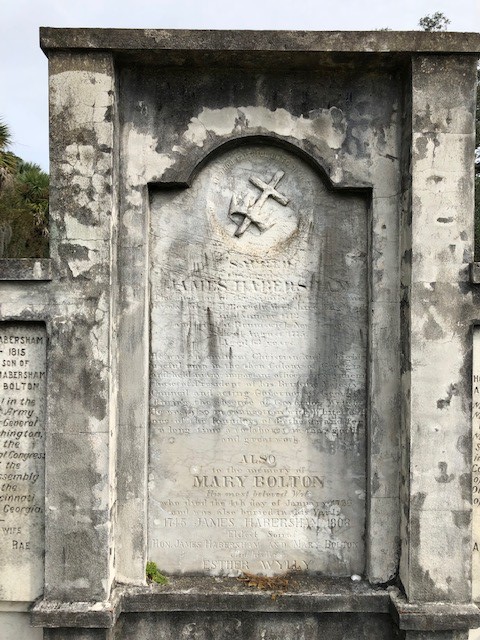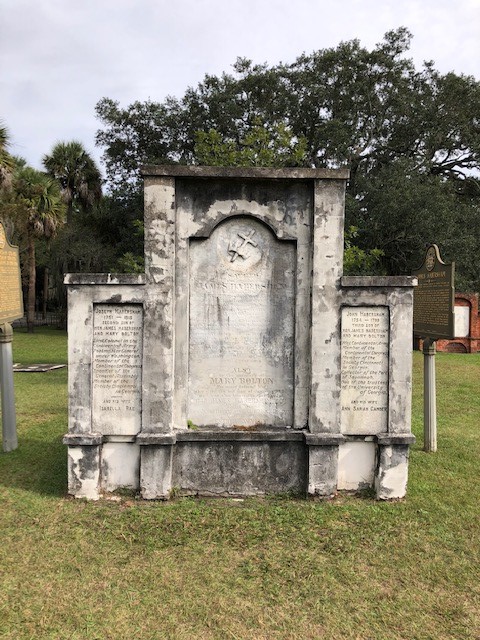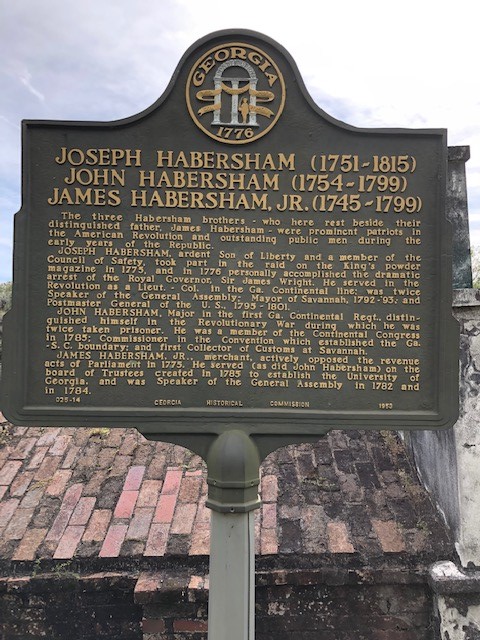James HABERSHAM Jr
SAR Patriot #:
P-172030
The following information was assembled from numerous sources and cannot be used directly as proof of Qualifying Service or Lineage.
It is considered a research aid and is intended to assist in locating sources that can be used as proof.
State of Service: GA
Qualifying Service: Patriotic Service / Civil Service
DAR #: A048840
Birth: 1745 Savannah / / GA
Death: 02 Jul 1799 Savannah / Chatham / GA
Qualifying Service Description:
Financier, Chatham Co, GA
Additional References:
- Cyclopedia of GA, Vol II
- Historic Collections of Joseph Habersham, Vol I
Spouse: Esther Wylly
Children: Richard;
Members Who Share This Ancestor
| Date Approved | Society | ACN | SAR Member Info | Lineage via Child | View Application Detail | |
|---|---|---|---|---|---|---|
| 2011-03-11 | FL | 41777 | David Habersham Coldwell (179042) | Richard | ||
| 2012-02-10 | FL | 46598 | Grant David Coldwell (182534) | Richard | ||
| 2012-02-10 | FL | 46599 | Christopher Michael Coldwell (182535) | Richard | ||
| 2013-07-19 | NC | 54048 | Richard Habersham LeSesne (187967) | Richard | ||
| 2016-11-02 | FL | 71476 | Carter Grant Coldwell (200174) | Richard |
Location:
Savannah / Chatham / GA / USA
Find A Grave Cemetery #:
Marker Type:
SAR Grave Dedication Date:
Comments:
Directions to Cemetery / Gravesite:


